Sports cars, skyscrapers, and luxury beyond comparison is what comes to mind to many when they think of the Emirati city of Dubai. On the coast of the beautiful Persian Gulf, it appears like the jewel of the Arabian Peninsula, but not all that glitters is gold. In recent years, Dubai has been called out on its abusive behavior towards its migrant workers, yet little has been done to promote change.
To start off, it is important to note that the majority of the people in the United Arab Emirates are migrants and expatriates. According to the 2020 UAE Census, only 15 percent of the country’s population was of Emirati descent. The other 85 percent mainly consists of expats from India, Bangladesh, and Pakistan. However, despite the fact that people born outside the country make up the vast majority of the population, they are treated horribly.
Many people, specifically those on the Indian subcontinent, are deceivingly offered what they believe are well-paying jobs in cities like Dubai with the promise that they can send the money back home to their families. What ends up happening, though, is much different. Jeena Sharma, a reporter for Pacific Standard magazine, interviewed a few foreign workers in Dubai and asked them to tell her their story.
First, many of the workers have to save up money or pawn their valuables just to afford a work visa. After that, they get to Dubai, and in many cases, their passports are immediately taken by their employers. This prevents the workers from being able to leave the country in case they want to quit their job. Despite the Emirati government banning this practice in the country in 2002, nothing is done to prevent it from happening.
Foreign workers are expected to work very long hours, with taxi drivers typically working 14 hours a day, usually six or seven days a week, Sharma reports from her anonymous interviews. Companies also force employees to work under these hours for a set amount of years, meaning that, along with their taken passports, there is no escape, much less any vacation days. They also are not given the high salaries they were originally promised, and end up taking loans to be able to afford food and rent, further trapping them in the country. It’s not just taxi drivers though. This is the story of a large portion of the foreign workers who live in Dubai and around the UAE. From construction workers to retail employees, millions are trapped in jobs they cannot leave under awful working conditions.
According to an article by Venkatesh Nayak for the Commonwealth Human Rights Initiative, even more disturbing information lies beneath the surface for the gulf countries as a whole. The organization found that 10 Indian workers died on average each day in gulf countries during the 2010s.
According to Katie McQue of The Guardian, after the Covid-19 pandemic and the oil price crash, many were left jobless and without money to return home. They were abandoned by their former employers and made to live in semi-abandoned camps on the outskirts of Dubai. Hunger is a constant issue, and many struggle to find odd jobs in order not to starve.
The reality for many living in the sparkling city of Dubai is a lot darker than one would first expect. Millions have left their homeland to the UAE and other gulf countries in search of money to provide for their families. Instead, they were trapped in brutal jobs they could not escape, and were eventually left for dead once they were no longer useful to their employers.
It is important for the public to know what is happening to others across the world, so that when the opportunity arises to enact change, one can understand what can be done to ensure practices like this end in the 21st century.



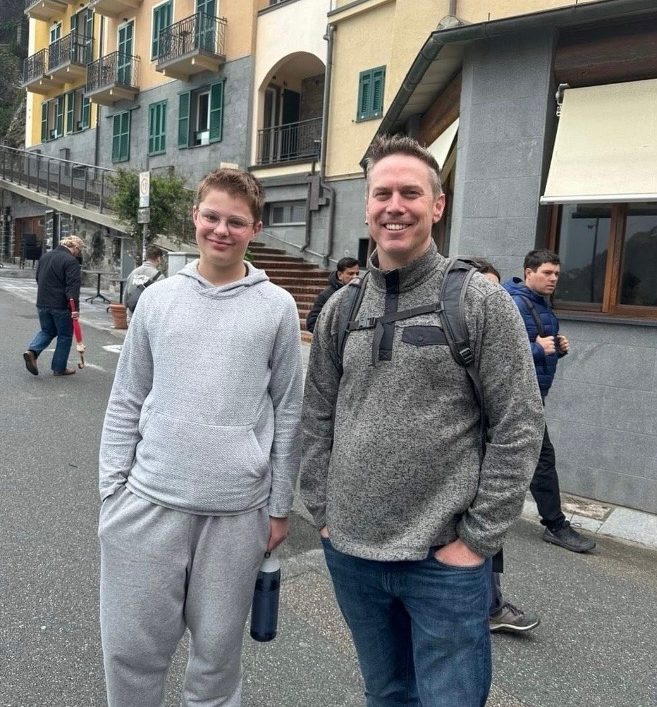














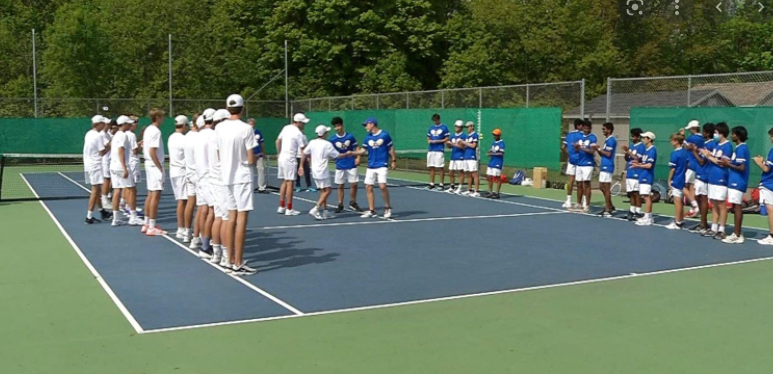




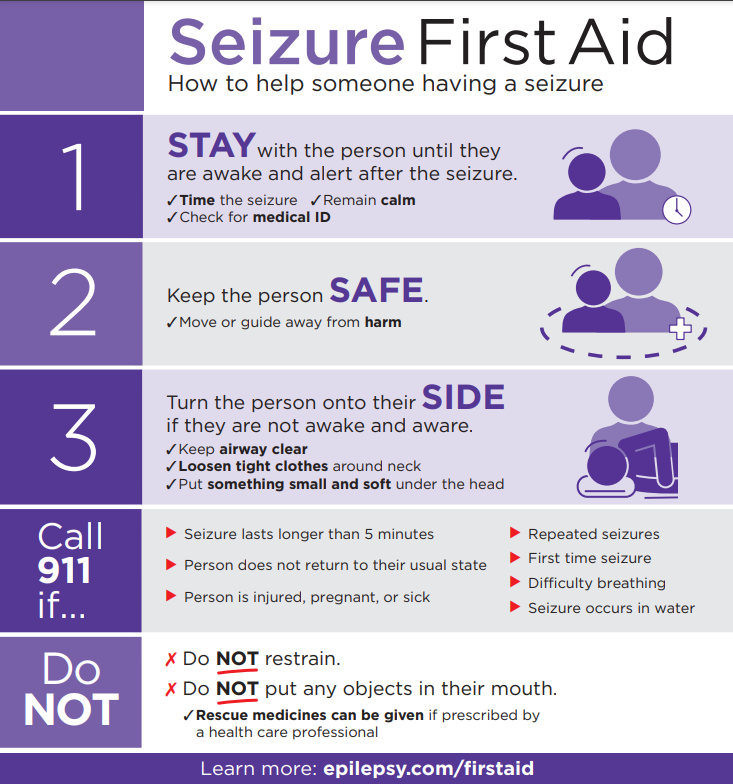
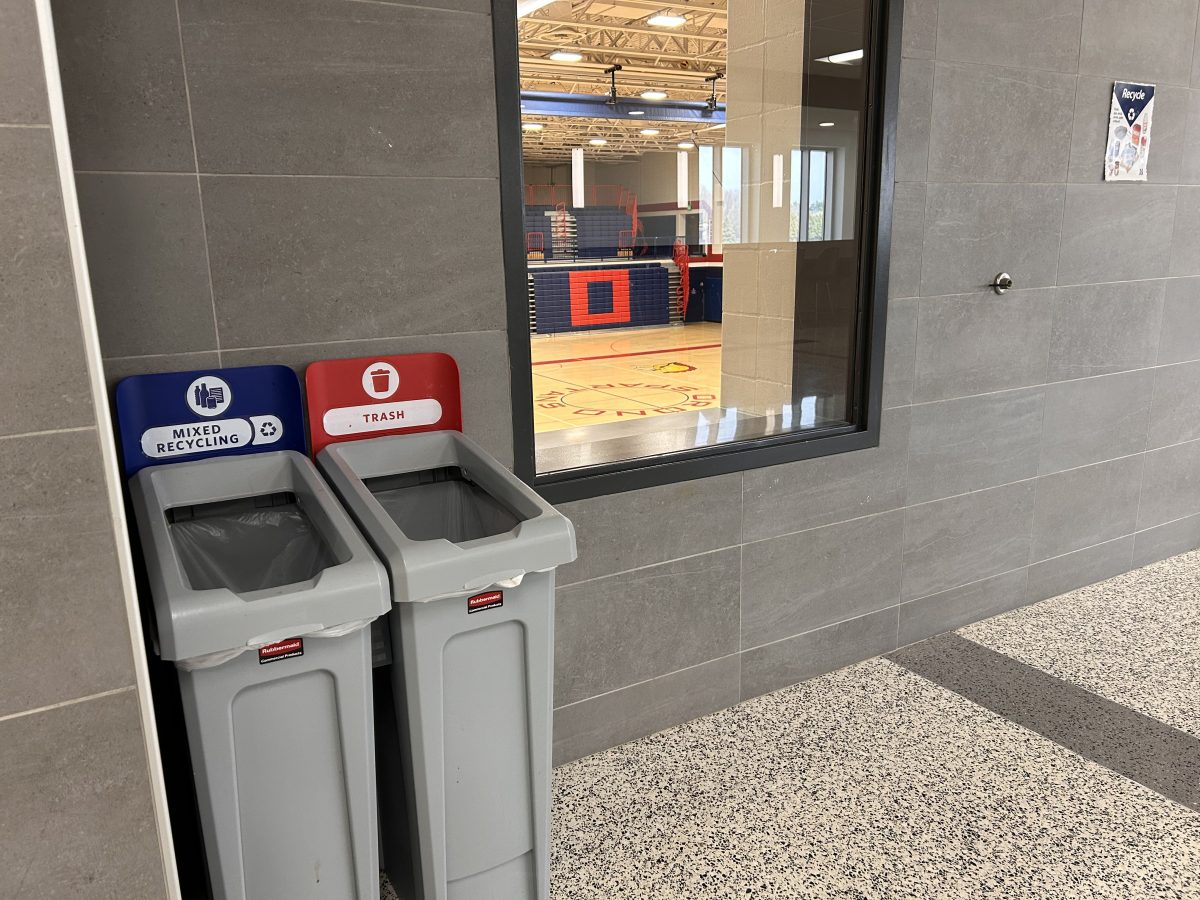





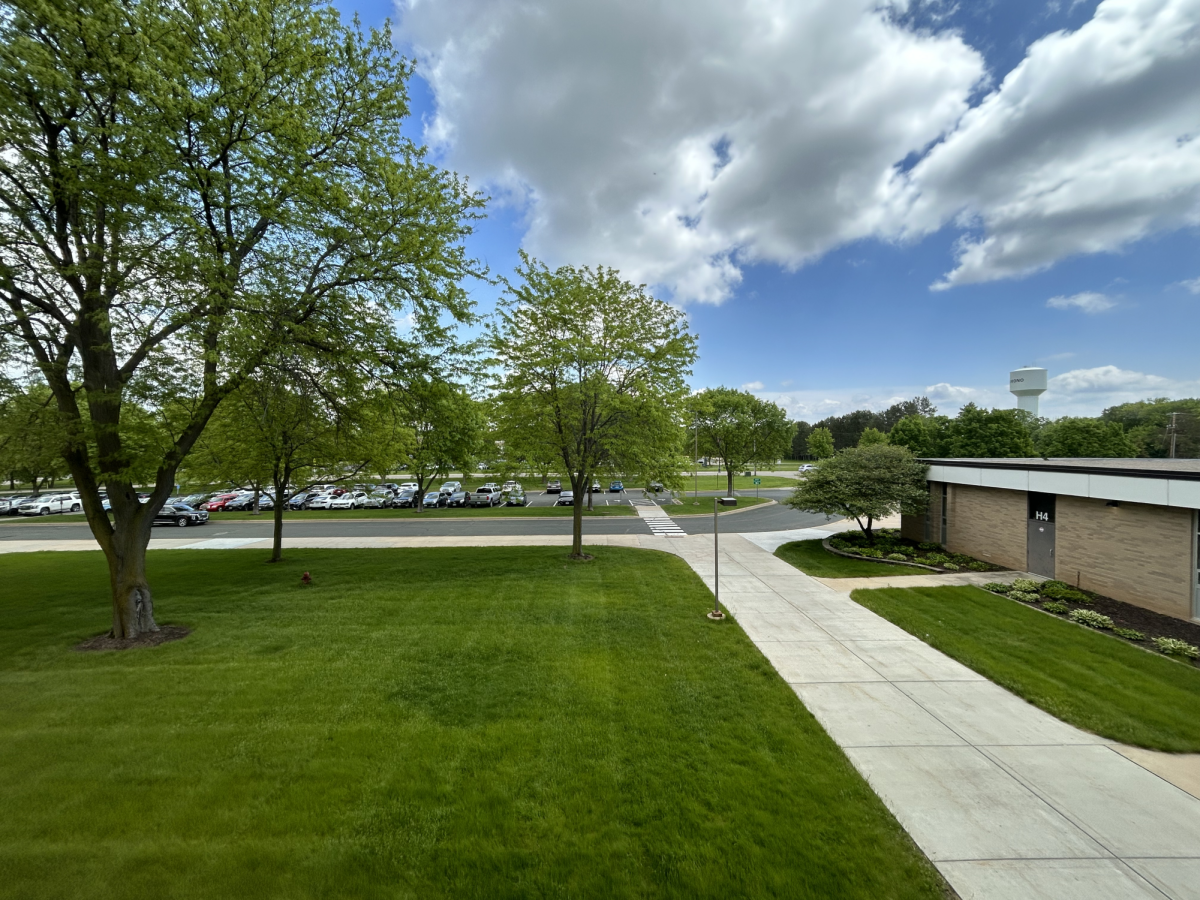





Msflip79 • Jul 6, 2023 at 2:16 am
I have heard so many testimonies like the ones in the article that I can’t even count. The promise of a better life is hopeless if you are coming from an impoverished country with no money. They lie to you to get you there and then treat you like a slave.